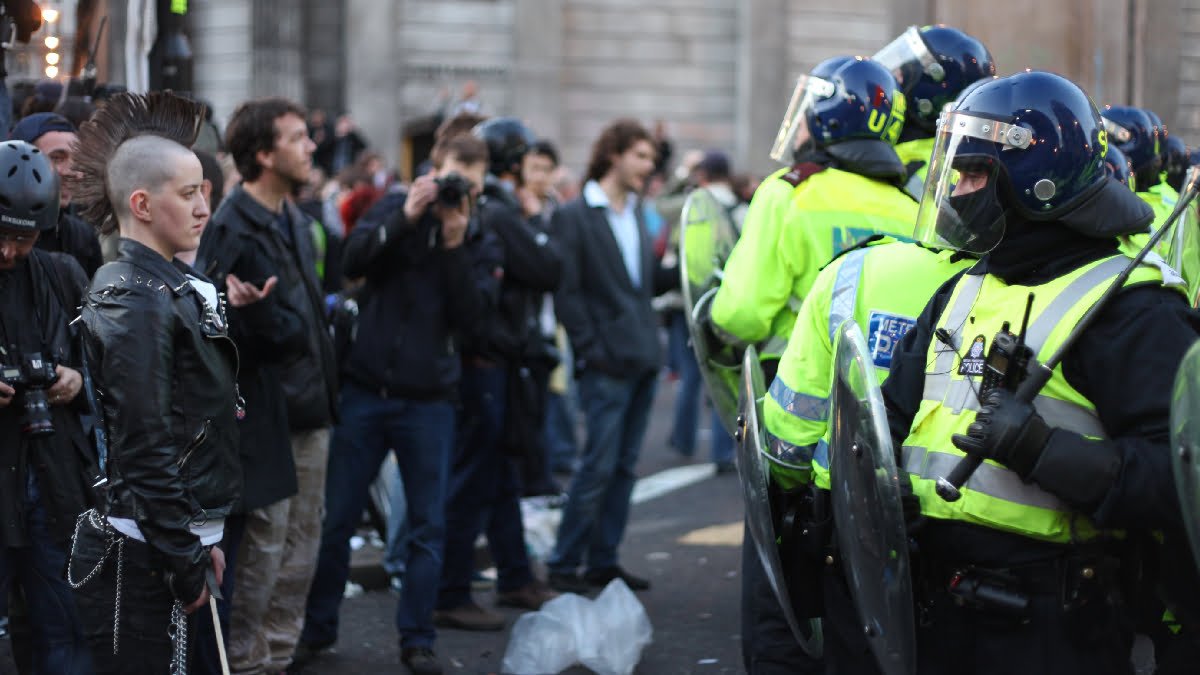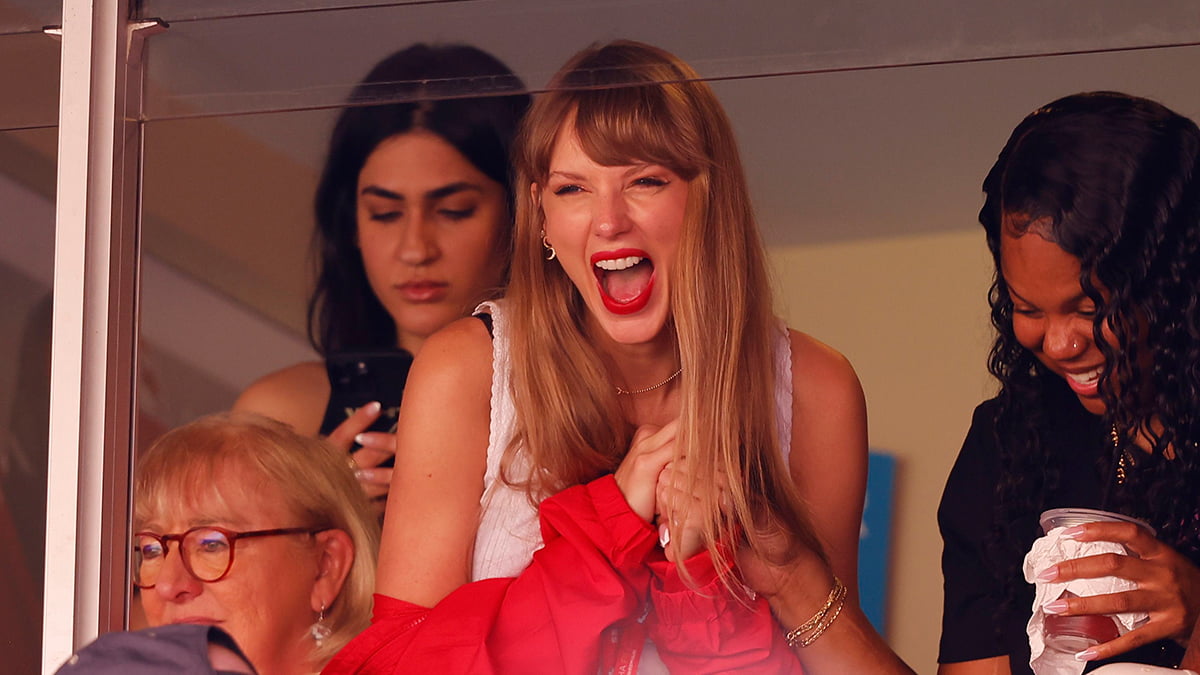Dale Mooney was laid to rest this week. The name may or may not ring a bell. Mooney was a 53-year-old, married father of two who came from Newmarket, New Hampshire. A number of different news platforms described Mooney as, “a lifelong (New England) Patriots fan and a 30-year season ticket holder”. He was in the audience at a game and is now dead.
In fact, it was at a Patriots-Dolphins game in Foxboro, Massachusetts where something happened that led to Dale Mooney’s death.
A fight between fans broke out among the crowd at Gillette Stadium and Mooney was struck in the head.
The local District Attorney said Mooney did not suffer a traumatic injury but instead suffered a medical issue that led to his death. What did kill him has yet to be determined.
We do know this much: Mooney was at the game and got into a fight in the stands before he was struck in the head by a Miami Dolphins fan.
A bunch of people watching a football game. Hell of a news story, right?
I don’t think any of the news outlets have covered it wrong or has necessarily shed improper light on what happened but because of what, where, and when this did happen, I have to say an occurrence like this creates a twisting sensation in my gut.
Sports and politics are two of the most fervent topics likely to stir emotion in the people we call our audiences. Not just the games or the players or even the controversies are enough for us to cover, the fans and the enthusiasts are part of the story.
And like what happened on January 6th, 2021 at the Capitol and what happened on September 17, 2023, at Gillette Stadium, we should ask ourselves what role we in the media play when our audiences cross the line.
Common sense will tell us that journalism did not create these behaviors in those who make use of our product. We provide information and specific details when we are able and that’s where our responsibility ends.
Right?
If you are somebody who continues to call January 6th a peaceful protest or simply the price of partisan politics or perhaps believes fan violence at sporting events is all part of the drill in being a dedicated team supporter, I am not going to be able to tell you anything that you’re actually going to hear.
We write and talk about these things (sports and politics) until we are blue in the face in this country and countless others. And after what we report on helps stir the emotions, we report on what happens next.
Business creating business.
We are not doing anything wrong yet why does it often feel like we are?
What is our audiences’ justification for a fight at a football game to end the life of a fan or a political gathering that leads to death and destruction or outrage over criminal activity or a death involving police that leads to rioting, looting, and damage to somebody’s neighborhood?
The news media has a horse in this race. I do not think I can articulate exactly what it is but I think we do nevertheless, possibly before these things happen and certainly afterward when they do.
We need to be the mirror put up to the community’s face to say, “Look what happened”.
There’s no need to embellish or editorialize. We need only tell the truth.
Somebody went to a football game, and now he’s dead. Like I said, hell of a news story.
Bill Zito has devoted most of his work efforts to broadcast news since 1999. He made the career switch after serving a dozen years as a police officer on both coasts. Splitting the time between Radio and TV, he’s worked for ABC News and Fox News, News 12 New York , The Weather Channel and KIRO and KOMO in Seattle. He writes, edits and anchors for Audacy’s WTIC-AM in Hartford and lives in New England. You can find him on Twitter @BillZitoNEWS.








